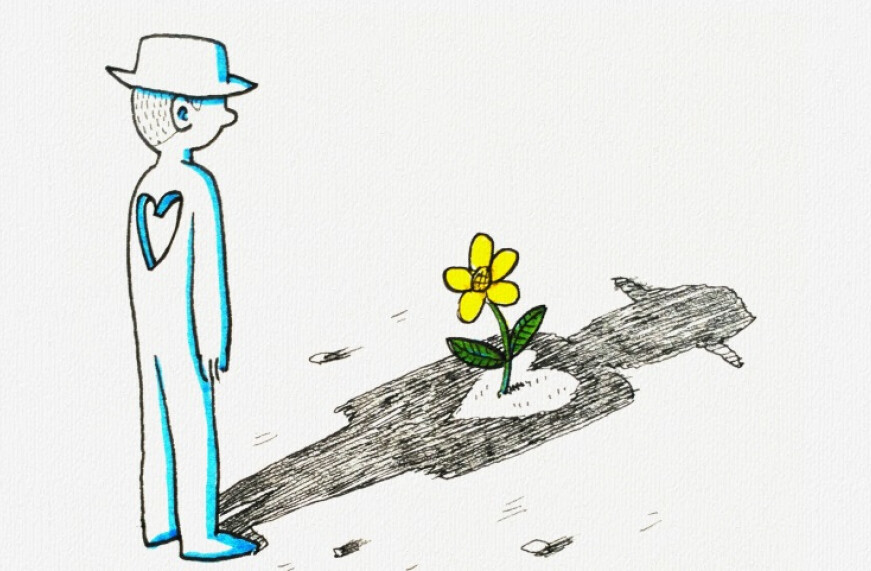Love Your Enemies

I recently found myself sitting in Eucharistic Adoration thinking about how weird this practice must look to someone who isn’t Catholic. A bunch of people sitting around a bedazzled piece of bread on a pedestal thinking it was God. How weird! But I believe it. I know it! First and foremost because Jesus told me He was in there. He says it at the Last Supper. It’s recorded in all four Gospels; one of the only things they all agree on. I believe in His presence in the Eucharist and I adore His presence in the Eucharist because I know Him and I trust Him and if He said it, it must be true.
So why don’t I take that approach with everything else He said?
“Love your enemies, do good to those who hate you, bless those who curse you, pray for those who mistreat you.”
When I read this line (and this whole Gospel), I can immediately think of people who fall into these categories; people who make my blood boil, my eyes roll, and my fist shake. Loving my enemies is so easy to do in the abstract. Okay Jesus, sure thing! But then when that driver has the audacity to drive the speed limit in the left-most lane of the highway, suddenly it’s more challenging to love that enemy. Or when the news is on and the pundits’ anger starts making my anger rise at people I don’t even know.
I think our culture thrives on creating enemies. Hatred and anger are very “in” right now. A common enemy is the number one way to unite a group of people, according to my AP World History teacher. And we are so very good at finding enemies—people to blame for the problems we have.
But Jesus didn’t leave wiggle room. Just like our stance on the Eucharist is black and white—it’s not a symbol, He really is there—so too our stance on our enemies, on those who hate us and persecute us, is crystal clear—love them. Bless them. Do kind things for them. Pray for them. Give them even more than what they take and ask for nothing in return. THIS is what makes us different from the rest of the world. THIS is what separates Christians.
Remember the saying “They’ll know we are Christians by our love?” Well I see a lot more hate than love in our world these days; sometimes even our global Church. Which makes me wonder, would others define how I live my faith more by who I hate, or more by how I love?


